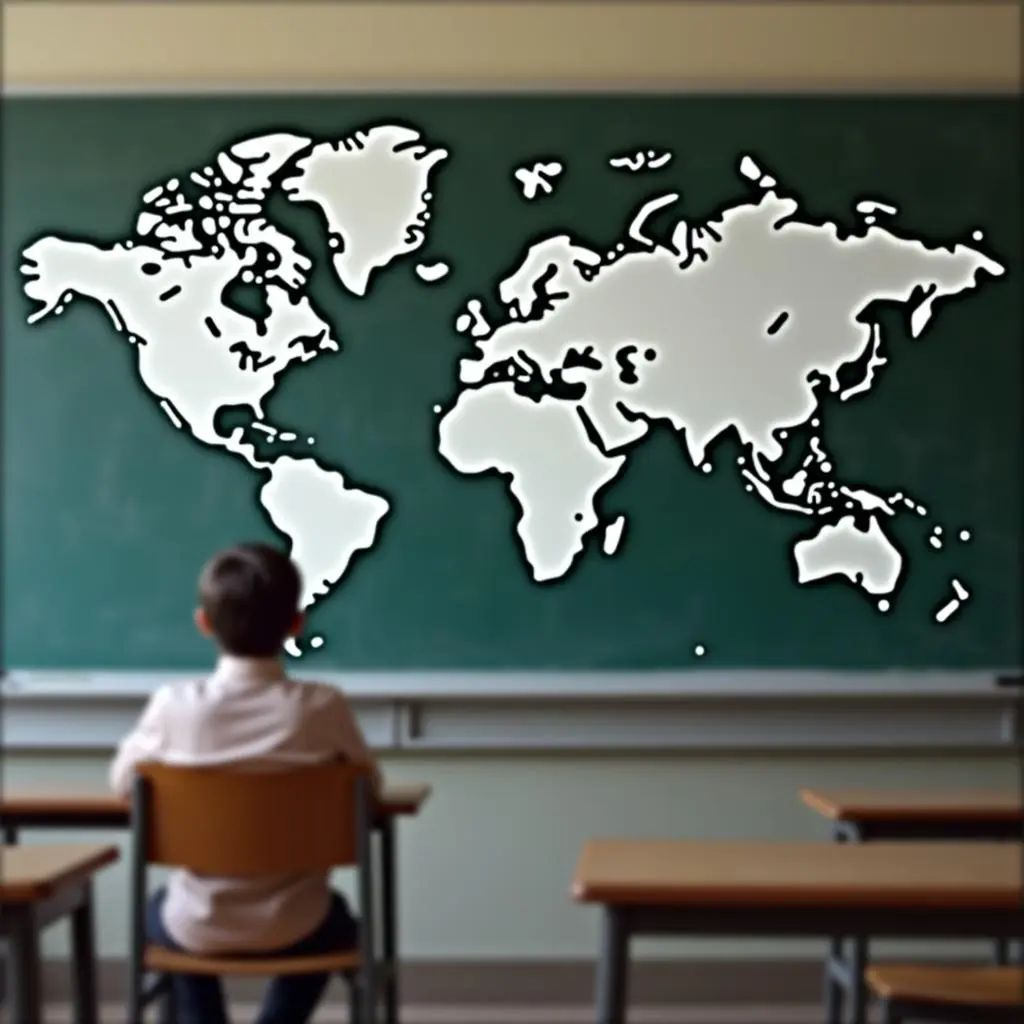Are Schools Programming Kids for Patriotism and Nationalism?

Education is often viewed as a pathway to personal growth and societal progress. However, beneath the surface of well-intentioned curriculums lies a subtle programming that shapes children's perspectives on patriotism and nationalism. Through the content taught in schools, students are often exposed to biased narratives that glorify their nation's history while downplaying or ignoring its flaws. This can foster a sense of superiority or division instead of promoting critical thinking and global understanding.
Patriotism, when rooted in pride and unity, can be positive, but when coupled with nationalism, it can become a divisive force. Schools sometimes emphasize loyalty to the state through rituals like national pledges, anthems, and historical accounts that omit inconvenient truths. These practices can create an 'us vs. them' mentality, discouraging students from questioning or exploring alternative viewpoints. The result is a generation that may lack the tools to critically analyze their own country's role in the global community.
To prevent schools from becoming echo chambers of state narratives, it is crucial to introduce a more balanced and inclusive approach to education. Encouraging students to study history from multiple perspectives, fostering open discussions about global issues, and emphasizing shared human values over divisive ideologies can help. By doing so, education can inspire students to think critically, empathize with others, and engage as global citizens.
Parents and educators also play a key role in shaping children's understanding of patriotism. By promoting open dialogue and exposing children to diverse cultures and viewpoints, they can counterbalance the narrow perspectives often presented in schools. This ensures that patriotism does not morph into blind nationalism but instead becomes a constructive force for unity and progress.
Ultimately, education should aim to nurture informed, empathetic, and critical thinkers who contribute positively to society. By recognizing and addressing the subtle programming within schools, we can create a future where students are empowered to embrace diversity and work towards a more harmonious world.
Ultimately, education should aim to nurture informed, empathetic, and critical thinkers who contribute positively to society. By recognizing and addressing the subtle programming within schools, we can create a future where students are empowered to embrace diversity and work towards a more harmonious world.
